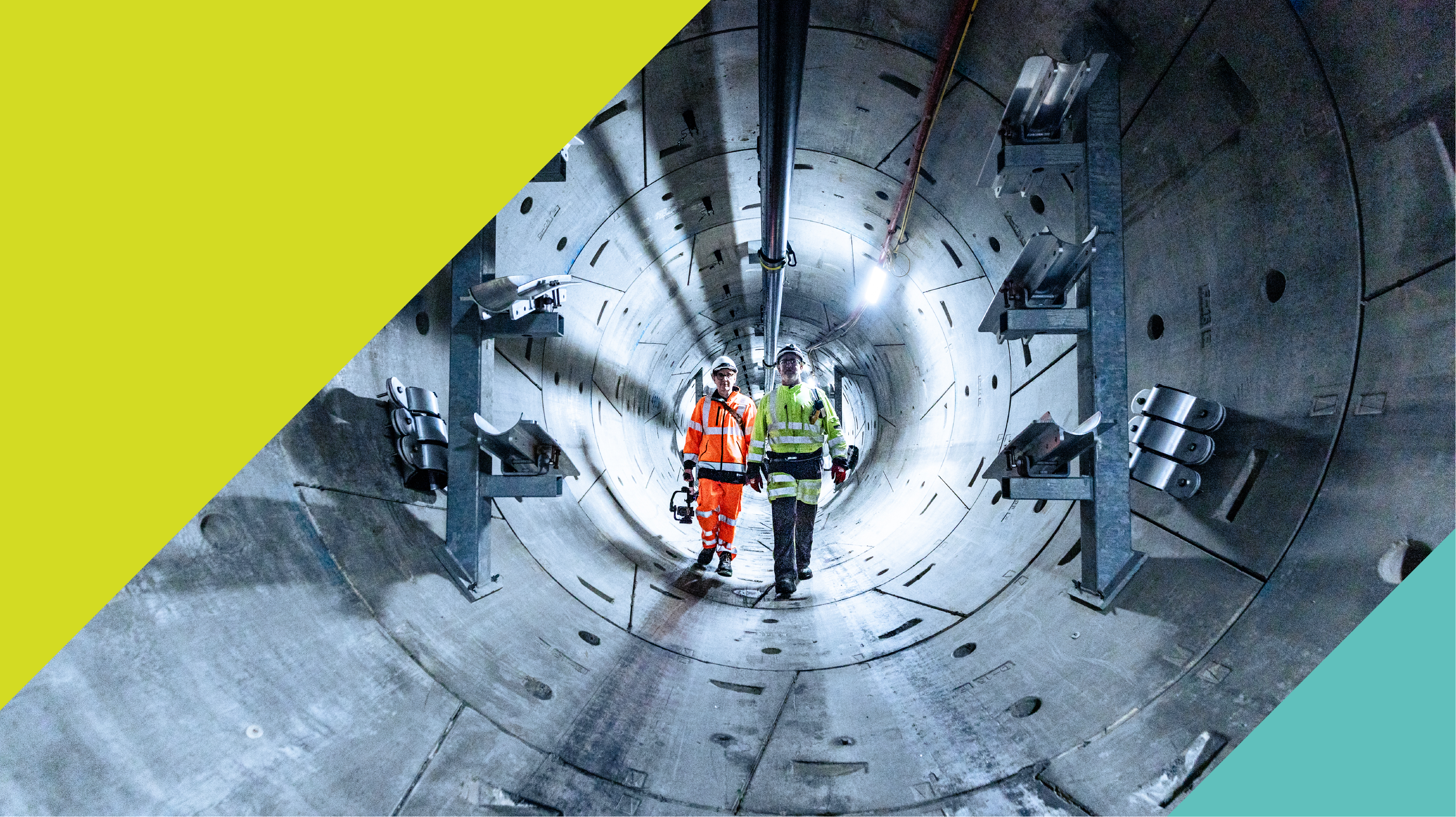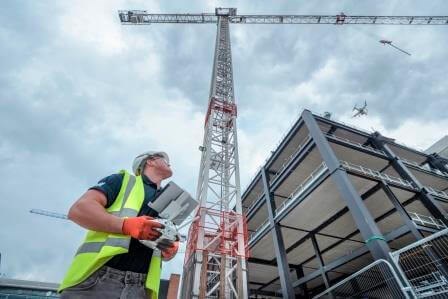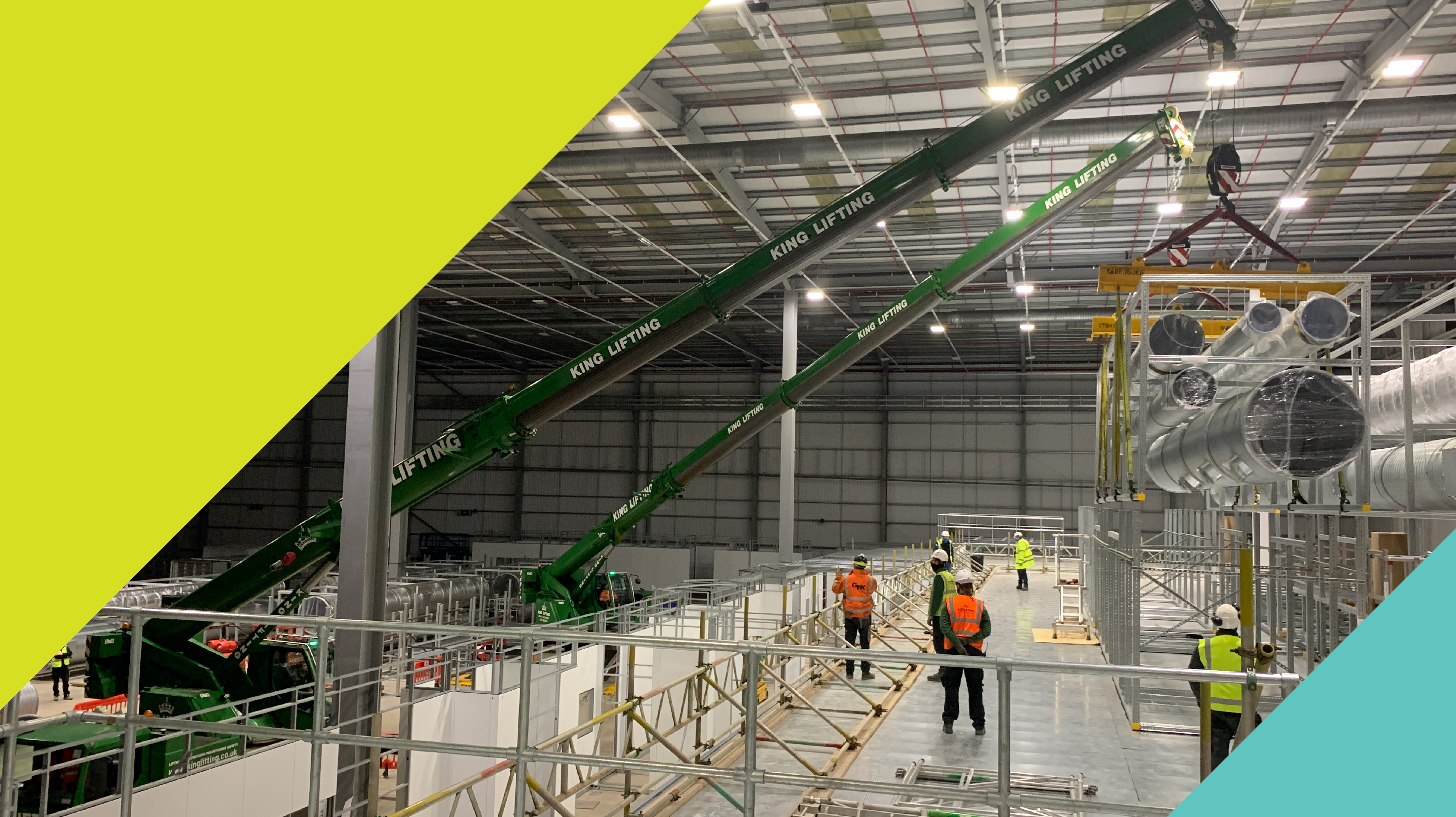Five minute read - Leading the industry's hydrogen revolution
We engage with policy-makers, regulators, opinion formers and all levels of government to make a positive impact on public debates.
We have over 110 years’ experience in the infrastructure industry, working across diverse, complex sectors. We are keen to lend our expertise to the policy-making process to ensure the best possible outcomes.
For more information, please contact Veena Hudson, Balfour Beatty's Head of Public Affairs and Policy.






